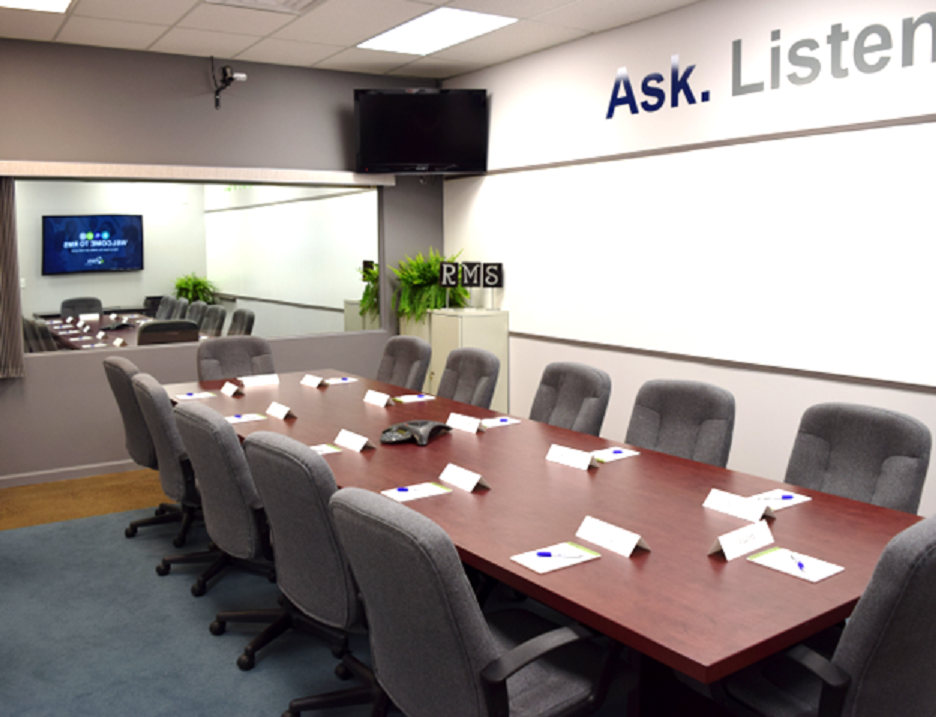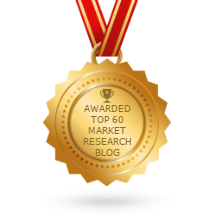Article by Ryan Moore, RMS Research Coordinator
At a glance:
The Importance of Participant Selection – Choose participants that represent the greater demographic and are comfortable expressing their views.
The Selection Process – Define the Purpose of the Focus Group and conduct a recruitment screener to confirm they meet the proper requirements for participation.
Participant Outreach – Use customer or member lists, custom research panels, or boost surveys on social media to connect with potential participants.
Choosing the Right Location – You can conduct the focus group virtually or at a comfortable and neutral environment like the fully equipped focus group facility at RMS.
Offer an Incentive – People are more enthusiastic about giving feedback when they know they’ll be compensated fairly. Pay focus group members a cash reimbursement or other rewards for their time and attention.
How RMS Can Help You Achieve Focus Group Success – RMS uses the latest tools and recruitment strategies to gain the most valuable insights from your focus group.
The Importance of Participant Selection
 When recruiting for a focus group, the selection method for participants holds significant importance. Typically, focus groups include a small number of people, (between 8 to 12 participants), and a moderator who guides the discussion.
When recruiting for a focus group, the selection method for participants holds significant importance. Typically, focus groups include a small number of people, (between 8 to 12 participants), and a moderator who guides the discussion.
The small group is meant to be a microcosm of the target audience, so it’s important to look for participants that share similar characteristics with the greater demographic you’re looking to research.
For example, if you are conducting research on the attitudes of young adults towards climate change, you would want to include participants who are between the ages of 18-30 and who live in areas that are particularly affected by climate change.
Choosing participants based on specific criteria relevant to the research topic ensures that the group is representative of the target audience. This mitigates selection bias and makes for a productive and effective focus group, where participants are comfortable expressing their thoughts and ideas, resulting in richer and more accurate data.
In a focus group, the moderator has multiple roles. Not only do they ask pre-defined questions to the participants, focus group moderators also strive to facilitate an in-depth discussion by getting everyone engaged with one another. Choosing appropriate focus group participants fosters an environment that encourages both qualitative and quantitative responses, while making sure the conversation stays focused on specific criteria related to the topic at hand.
The Selection Process
Define the Purpose of the Focus Group – Before you start recruiting members for your focus group, you’ll need to clearly identify the goal of the discussion, which will influence the information gathered.
 Whether your organization wants to develop a new product or service, refine marketing strategies, or gather customer/stakeholder feedback, the focus group’s purpose will determine who is best qualified to participate. Once you have narrowed down the topics and discussion questions, you’ll have a better understanding of the qualifications you will want to look for in your focus group participants.
Whether your organization wants to develop a new product or service, refine marketing strategies, or gather customer/stakeholder feedback, the focus group’s purpose will determine who is best qualified to participate. Once you have narrowed down the topics and discussion questions, you’ll have a better understanding of the qualifications you will want to look for in your focus group participants.
For example, if the goal of the focus group is to conduct Voice of Customer research (VOC), it’s important to recruit past or present customers as participants; whereas if the goal is to test a new product, participant selection can be opened to prospective customers as well.
Screen Participants – Prospective focus group participants are typically pre-screened to confirm that they meet the client’s requirements. A recruitment screener usually involves a short questionnaire that determines whether an individual would qualify to participate.
With a focus group, you often want to recruit participants that are either current, lapsed, or prospective users of the product or service in question. A good screener can determine if a participant’s demographic and familiarity with the focus group objectives are relevant to the study quotas. This translates to more valuable insights during the discussion and leads to higher quality data.
Participant Outreach
 There are many ways to connect with would-be focus groups participants. One useful and cost-effective method is to use the client’s customer or member lists. Individuals on these lists have likely had experience with your product in some way and could provide more valuable insights compared to those who lack prior experience or interest.
There are many ways to connect with would-be focus groups participants. One useful and cost-effective method is to use the client’s customer or member lists. Individuals on these lists have likely had experience with your product in some way and could provide more valuable insights compared to those who lack prior experience or interest.
Customer lists typically contain contact information for current customers, members, and potential leads. Customer lists often contain a breakdown of attributes that allow researchers to see which customers would be most appropriate to include in the focus group.
Boosting posts on social media also allows you to reach individuals in a specific region with similar interests, often at a lower cost than other recruitment strategies.
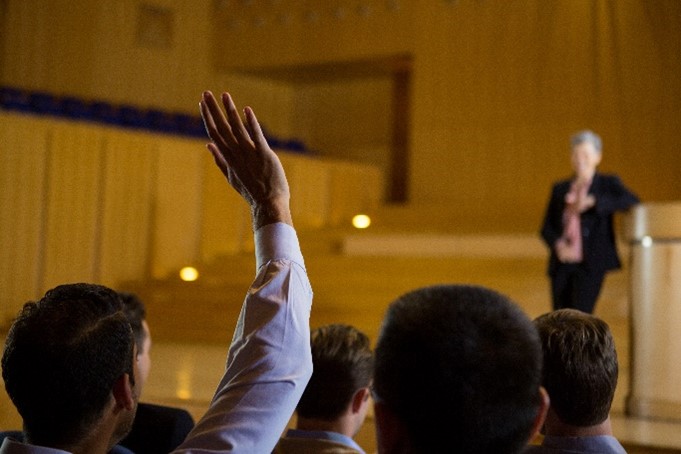 Research companies are increasingly adopting the practice of developing custom research panels. Some companies, including RMS, are creating their own participant database by recruiting current and prospective users who opt-in to provide ongoing feedback.
Research companies are increasingly adopting the practice of developing custom research panels. Some companies, including RMS, are creating their own participant database by recruiting current and prospective users who opt-in to provide ongoing feedback.
By drawing from our panel of individuals who are interested in providing feedback on products or services, companies can more easily recruit participants for focus groups, surveys, and other research studies. Custom recruitment databases are particularly valuable for companies that conduct frequent research studies and want to ensure a consistent and reliable pool of participants. Additionally, custom research panels can help researchers collect more in-depth and valuable data as participants are often more engaged and committed to providing feedback.
Choosing the Right Location
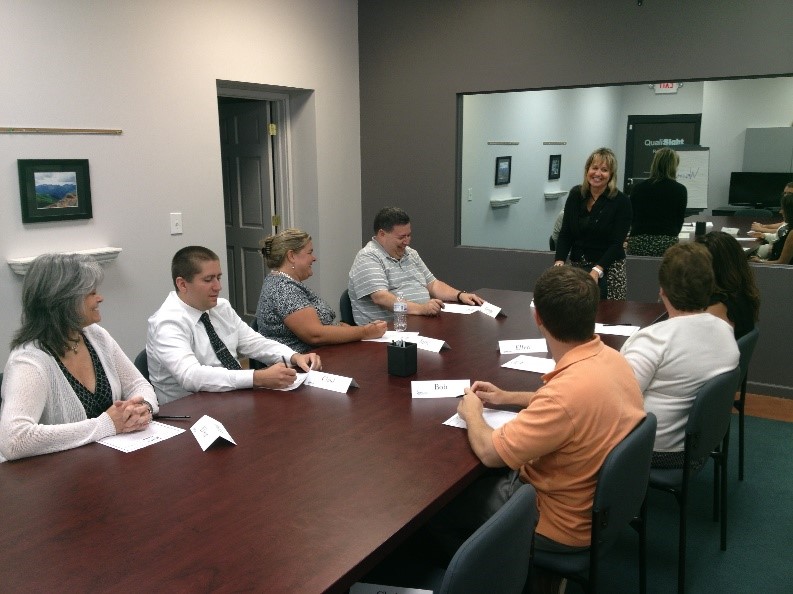 When choosing a location to hold the focus group, we recommend looking for a facility that is equipped with private rooms, comfortable seating, and a neutral environment. At the RMS focus group facility, we have all those amenities–and more–to ensure your focus group is a success. Our facility has advanced audio and video equipment to record discussions, which is essential for transcription and data analysis. Additionally, we have a two-way mirror that allows clients or observers to watch the discussion without being seen by the participants. This is a significant benefit, as clients often want to observe the discussion. It also allows the client to come up with follow-up questions and give feedback to the moderator in real time.
When choosing a location to hold the focus group, we recommend looking for a facility that is equipped with private rooms, comfortable seating, and a neutral environment. At the RMS focus group facility, we have all those amenities–and more–to ensure your focus group is a success. Our facility has advanced audio and video equipment to record discussions, which is essential for transcription and data analysis. Additionally, we have a two-way mirror that allows clients or observers to watch the discussion without being seen by the participants. This is a significant benefit, as clients often want to observe the discussion. It also allows the client to come up with follow-up questions and give feedback to the moderator in real time.
Depending on the type of research you’re conducting, it may be important to host the focus group(s) close to those who plan to participate in the discussion. For example, if the study is gathering information on a regional product or service, conducting the focus group in the sales region can help the client connect with members of that community.
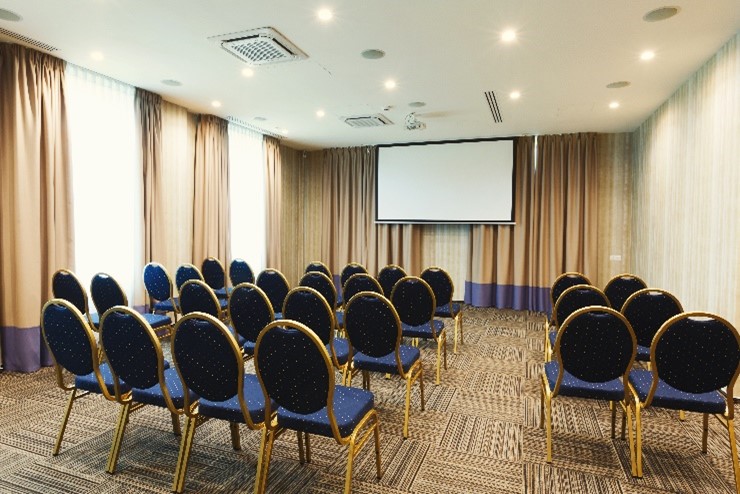 To meet these needs, RMS coordinates with local hotels and convention centers to find the best location for your research. With this approach, you can gain valuable insights from your target audience while ensuring that your research is conducted in a convenient and professional setting.
To meet these needs, RMS coordinates with local hotels and convention centers to find the best location for your research. With this approach, you can gain valuable insights from your target audience while ensuring that your research is conducted in a convenient and professional setting.
As the world becomes increasingly digital, market research companies have had to adapt to meet the changing needs of their clients. One of the most significant changes, which RMS has embraced with excellent results, has been the rise of virtual focus groups. Virtual focus groups take place online, often using mobile-friendly video conferencing software (think Zoom meetings) which allows participants to join at from their own convenient location via their phone or computer. Virtual focus groups have several advantages, including lower costs, a greater likelihood of participation, and the ability to recruit participants from a wider geographic area.
Offer an Incentive
 The adage ‘Time is money’ is particularly relevant to market research. It can be challenging to convince people to volunteer their time to participate in focus groups without adequate compensation. Therefore, offering the right incentive can motivate individuals to take part in your research.
The adage ‘Time is money’ is particularly relevant to market research. It can be challenging to convince people to volunteer their time to participate in focus groups without adequate compensation. Therefore, offering the right incentive can motivate individuals to take part in your research.
Rewards for participating can take different forms, such as offering the product or service for participants to keep or try, providing cash reimbursement for their time, or a combination of both.
Depending on the research goals and the target audience, we may offer additional perks such as gift cards or sweepstakes entries to further incentivize participation.
What we pay focus group members to participate depends on several factors, including discussion length, participant engagement, and motivation. RMS incentives range from $50 to $300, depending on the study goals. For instance, college students providing feedback on their institution may be paid a $50 incentive, while physicians participating in a longer focus group discussion may receive $300. The $50 incentive is typically sufficient to keep college students engaged for a shorter period, while the $300 is necessary to recruit and engage physicians with higher incomes and busy schedules.
How RMS Can RMS Help You Achieve Focus Group Success
When RMS works to recruit participants for virtual or in-person focus groups, we clearly communicate your study goals, thoroughly screen would-be participants, and offer appropriate incentives to keep them engaged and motivated. Following these best practices help ensure a successful focus group that generates actionable insights for your organization. By using effective recruitment strategies and leveraging the latest market research tools, RMS streamlines the participant selection process and makes the most of your focus group experience.
Discover cutting-edge market research with RMS! Our firm, located in Baldwinsville, NY, offers leading research capabilities tailored to your needs. Let us help you uncover the insights that will drive your organization forward. Our full-service market research firm will work with you to help you recruit the right participants for your next focus group and gather the insights you need to succeed! Please contact Sandy Baker, our Senior Director of Business Development & Corporate Strategy at SandyB@RMSresults.com or by calling 1-866-567-5422.
Relational RMS Blogs:
What makes a GREAT focus group facility?
Quotas and Qualitative Research | Focus Group Facility in Syracuse, NY
Market Research Trend (Part 2): Are Panels Worth It?
Most Preferred Survey Incentives by Research Panel Participants
About the Author – Ryan Moore

As RMS Research Coordinator, Ryan assists the analytic team with managing projects, including designing surveys, survey programming, interviewing, analyzing data, and summary reporting. He works within the research department to interpret primary and secondary data, helping to identify key findings and trends. Ryan also assists in project recruitment.
It’s good to know. We’re here for you.
Call us today, to see how we can help your organization.
Interested in conducting a market research project with RMS?
Contact our Vice President of Corporate Development, Sandy Baker at SandyB@RMSresults.com or call 1-866-567-5422.
About RMS
Research & Marketing Strategies, Inc. (RMS) is a full-service market research firm in Central New York. Formed in 2002, RMS helps organizations that are looking to know more about their customers and/or potential customers. They conduct surveys, focus groups, mystery shopping, studies and analysis. Each project is customized and gets personal attention by the best in the business. RMS has a reputation for getting results and offers an independent means to conduct telephone, on-line and mail surveying, In-depth interviews, intercept interviews, and participant recruitment as well as focus group hosting through QualiSight, its onsite call center and focus group facility. Taking advantage of the region’s reputation for being a great market study barometer, RMS recruits and moderates for focus groups, community forums and town meetings.
